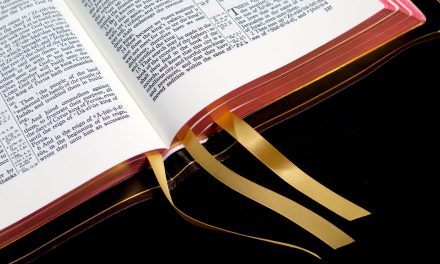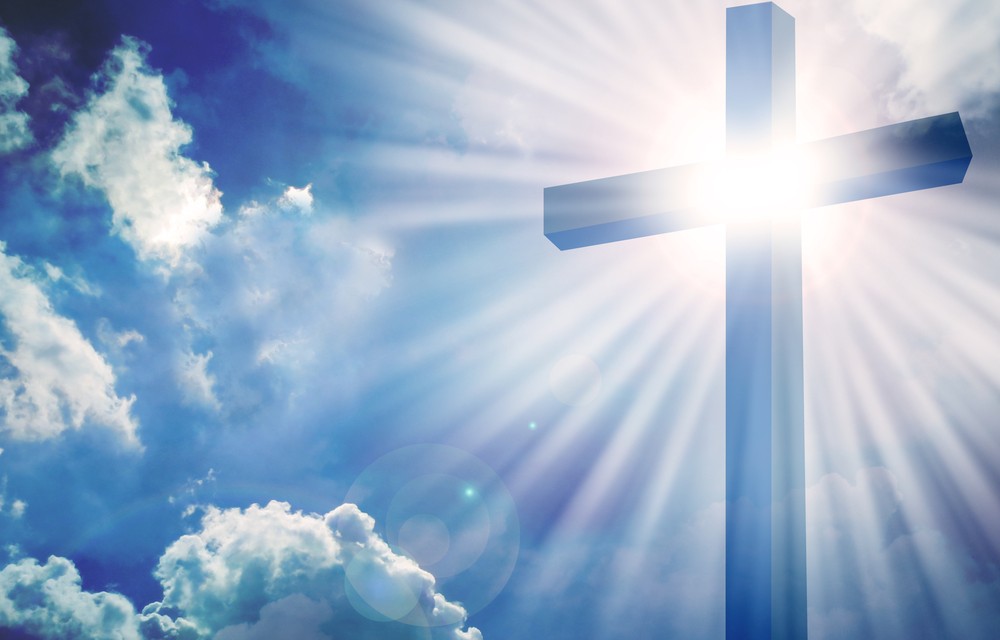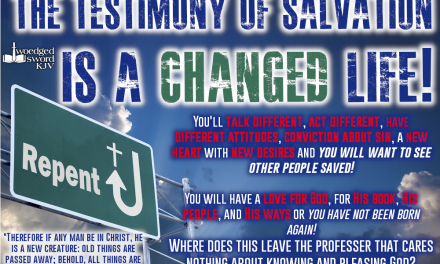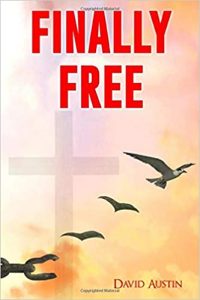Did the Wesleys use Worldly Music?
Some in our day like to justify the use of worldly, carnal music styles and/or tunes for use in “christian music.” They cite the Wesleys as having used bar, or tavern music tunes, or melodies, in their hymns. Charles Wesley was a great hymn writer having written over 6000 hymns. Here is a list of some of the best known:
- “Arise my soul arise” (Lyrics)
- “And Can It Be That I Should Gain?” (Lyrics)
- “Christ the Lord Is Risen Today” (Lyrics)
- “Christ, Whose Glory Fills the Skies” (Lyrics)
- “Come, O Thou Traveler Unknown” (Lyrics)
- “Come, Thou Long Expected Jesus” (Lyrics)
- “Depth of Mercy, Can it Be” (Lyrics)
- “Father, I Stretch My Hands to Thee” (Lyrics)
- “Hail the Day that Sees Him Rise” (Lyrics)
- “Hark! the Herald Angels Sing” (Lyrics)
- “Jesus, Lover of My Soul” (Lyrics)
- “Jesus, The Name High Over All” (Lyrics)
- “Lo! He Comes with Clouds Descending” (Lyrics)
- “Love Divine, All Loves Excelling” (Lyrics)
- “O for a Heart to Praise My God” (Lyrics)
- “O for a Thousand Tongues to Sing” (Lyrics)
- “Rejoice, the Lord is King” (Lyrics)
- “Soldiers of Christ, Arise” (Lyrics)
- “Thou Hidden Source of Calm Repose” (Lyrics)
- “Ye Servants of God” (Lyrics)
But did the Wesleys actually use drinking, tavern songs for the melodies of their hymns? The following is from Dean McIntyre on the UMC Discipleship website.
“There is a popular misconception that continues to survive among United Methodists that John and Charles Wesley made use of tavern, drinking, or bar songs, as melodies for their hymns. The same is often heard of the great reformer and musician, Martin Luther. This claim is sometimes made to show the extent of their evangelistic zeal; namely, that they would go out into the secular culture, even into the taverns, saloons, and parlors frequented by the sinners they sought to redeem and make use of the musical language, the familiar drinking song tunes, for their own sacred hymns. The claim continues to be made today by some musicians, pastors, worship leaders, composers, and hymn writers. Unfortunately, this is a misapplication of a historical inaccuracy.
Confusion of Terms
“The truth is that the Wesleys and Luther never made such use of saloon songs, nor would they have condoned such use. The misconception stems from confusion over a musical term bar form. In German literature and music of the Middle Ages, “Bar” was a poem consisting of three or more stanzas. Each stanza was divided into two Stollen (section a) and one Abgesang (section b), which yielded a form of AAB. The term “bar form” is commonly used today to refer to any poem or musical composition in this AAB form, or any variation of bar form, such as AABA. A number of Luther’s hymns and tunes used this form, including “A Mighty Fortress Is Our God.” Other chorales (“Praise to the Lord, the Almighty”) and hymns (“What a Friend We Have in Jesus,” “Come, Christians, Join to Sing,” “When I Survey the Wondrous Cross,” “Rescue the Perishing”) also use bar form. A number of tunes accompanying Wesley texts in the current United Methodist Hymnal also use bar form.”
The Wesleys, of course were the founders of the Methodist movement and not Baptists, yet their hymns present sound theology that Baptists can agree with for the most part. And just as importantly, they present the Lord Jesus Christ, God the Father and the Holy Spirit all three as exalted, high and lifted up in their hymns.
What About Today?
The question still remains, as McIntyre continues “What about today? Just because Luther and the Wesleys didn’t use drinking song tunes and other popular music for their hymns, does that mean we shouldn’t?
“Whether Wesley did or didn’t use drinking songs is not really the issue. Rather, the issue is why Wesley did or didn’t use them. Wesley found the close association of hymn text and tune (even commonly referred to as a “wedding”) to be of such importance that the use of tavern songs was beneath consideration. It was never a possibility. [underlines added]
“That question remains for us to answer today.
“Do we find it acceptable, appropriate, and commendable to select the music of drunken sailors or the local tavern for our worship? If Wesley’s reasoning for the Methodists of his time remains valid for our own, then the answer is no; and those who choose to use such music in worship should be able to dispute Wesley’s practice convincingly. Further, those who justify in our day the use of secular culture and influences in United Methodist worship by claiming that Wesley used drinking songs in his own day should be called to account.”
I will add that besides drinking songs and tavern music, there is no place for rock and roll style music in the music of the churches. It is of the world and worldly. Its appeal is to the most base natures of the flesh. That is what the Bible refers to as “profane.” In contrast, we Christians are to be holy unto the Lord and we should use holy music in our praise of our Savior. Christians are new creatures in Christ and born-again by the Spirit of God. Though the context is different, the principle still applies that the flesh and the spirit are contrary one to the other as Paul wrote to the Galatians in Gal 5:17.
I am fearful for the next generation of independent and fundamental Baptists. I fear that the world and its culture will completely overwhelm most of them with the worldly and/or ecumenical praise music and will eventually make shipwreck of their christian life and testimony as well, to the point that they will, as Lot did in Sodom, so completely enjoy the comforts of living in this evil and wicked world and ultimately disdain the holiness of our Lord Jesus Christ and the glories of heaven that He has purchased for us.
You can see a good article on Christian Music at AV1611.org’s website.
Dean McIntyre’s full article quoted above can be found here.






